Publications
Articles, publications, books, tools and multimedia features from the U.S. Institute of Peace provide the latest news, analysis, research findings, practitioner guides and reports, all related to the conflict zones and issues that are at the center of the Institute’s work to prevent and reduce violent conflict.
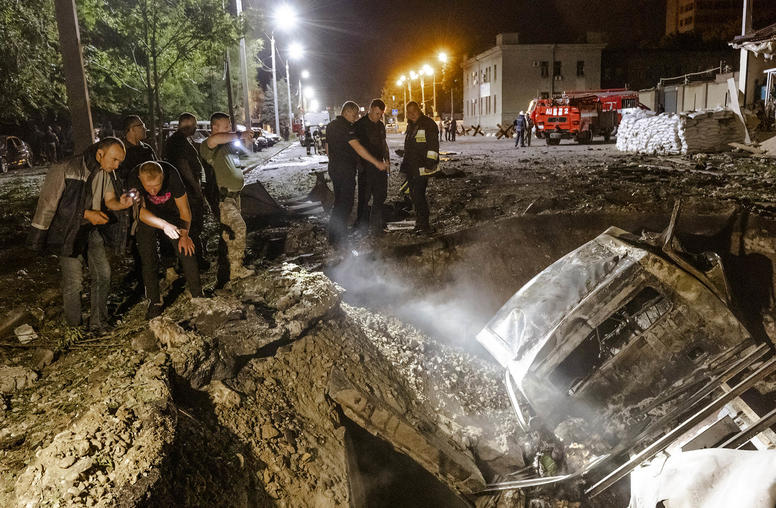
Five Ways to Make the U.S. Atrocity Prevention Strategy Work
From Ukraine to Ethiopia to Burma and beyond, people around the world suffer mass atrocities and the immense harm these crimes inflict on victims and survivors. Yet, the United States had no articulated strategy to prevent these atrocities — until now. In July, the Biden administration announced the “U.S. Strategy to Anticipate, Prevent, and Respond to Atrocities,” marking a hopeful moment. However, hard work remains to operationalize the strategy, including in maintaining the political will to realize an effective prevention agenda.
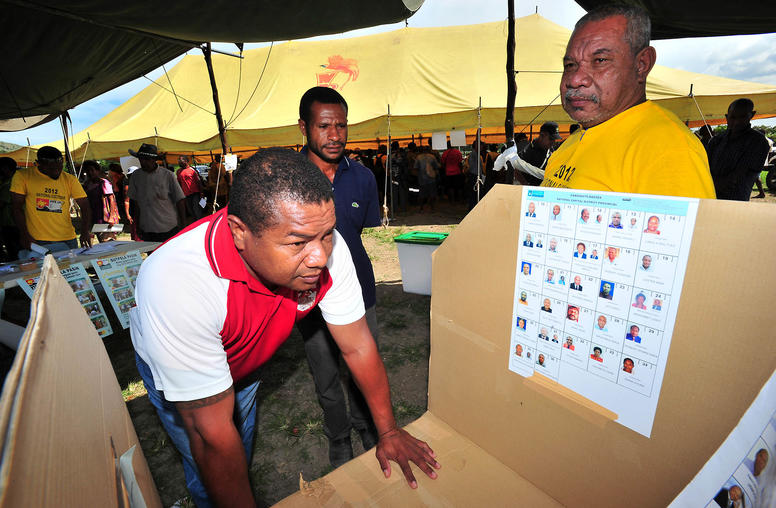
Papua New Guinea: Election Violence Shows Lack of Trust in the State
One of the most incisive works of the prodigious but too little heralded Papua New Guinean writer Steven Winduo is a short story collection titled the “Unpainted Mask.” The book explores how the denizens of the island nation negotiate the everyday travails of modern life, using as its central motif how people wear different masks to view themselves and others. According to Winduo, it is vitally important to discern the public mask, as well as to appreciate what is underneath. Seeing one without the other is a recipe for distorted vision. Winduo’s words don’t just apply to people, but also to the state of Papua New Guinea (PNG) and its institutions.
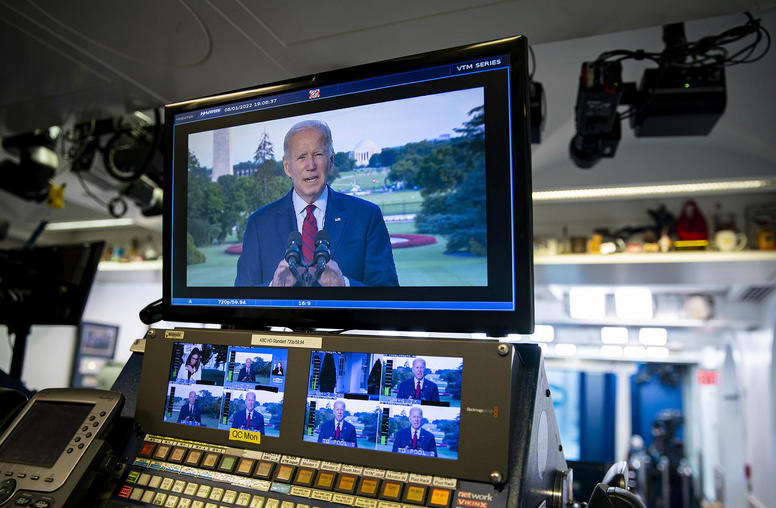
After al-Zawahiri’s Killing, What’s Next for the U.S. in Afghanistan?
On Monday, President Biden revealed that a U.S. drone strike killed al-Qaida leader, and mastermind of the 9/11 attacks, Ayman al-Zawahiri over the weekend. Al-Zawahiri was reportedly on the balcony of a safe house in Kabul, Afghanistan. Last week, the United States participated in a regional conference in Tashkent, Uzbekistan focused on counterterrorism, where Taliban Foreign Minister Amir Khan Muttaqi said his regime had followed through on commitments to not allow Afghanistan to be used as a base for transnational terrorism.
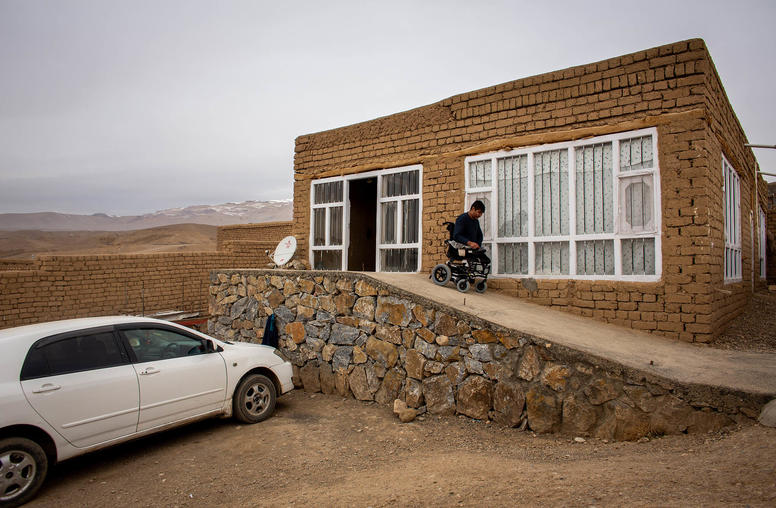
The Role of Accessibility and Funding in Disability-Inclusive Peacebuilding
Persons with disabilities are often left out of peace processes despite comprising an estimated 15 percent of the world’s population. Among those most acutely affected by violence and armed conflict, persons with disabilities who are living in — or attempting to leave — conflict zones face numerous threats to their physical and mental wellbeing, which can aggravate pre-existing disability or lead to secondary disability. Armed conflict and violence also increase the number of newly acquired disabilities, and many of those individuals face the same barriers and challenges as persons with existing disabilities — but without the previous lived experience.

Elie Abouaoun on Tunisia’s New Constitution
On Monday, Tunisians voted on a new constitution proposed by President Kais Saied that vastly expands the powers of his office. While turnout was low, many Tunisians “support what the president is doing … they are voting based on one specific objective, which is to improve economic and social conditions,” says USIP’s Elie Abouaoun.
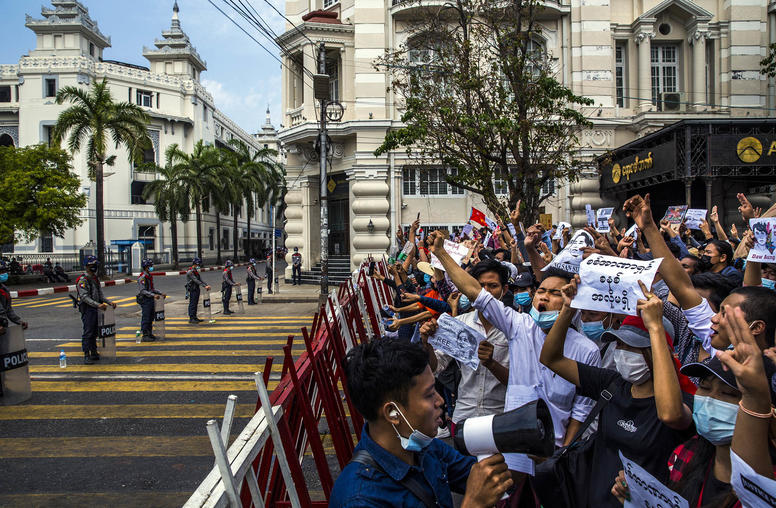
Why Myanmar’s Desperate Generals Executed Prominent Pro-Democracy Figures
From virtually the moment Myanmar’s military overthrew the country’s democratically elected government last year, the generals have faced a popular uprising that they met with escalating brutality. Even so, their decision last week to put to death — by hanging — four high-profile democracy advocates sparked shock and outrage at home and around the world. USIP’s Jason Tower, Priscilla Clapp and Billy Ford discuss what is behind the coup regime’s bloody move and its implications for Myanmar and international efforts to bring peace and democracy to the Southeast Asian country.
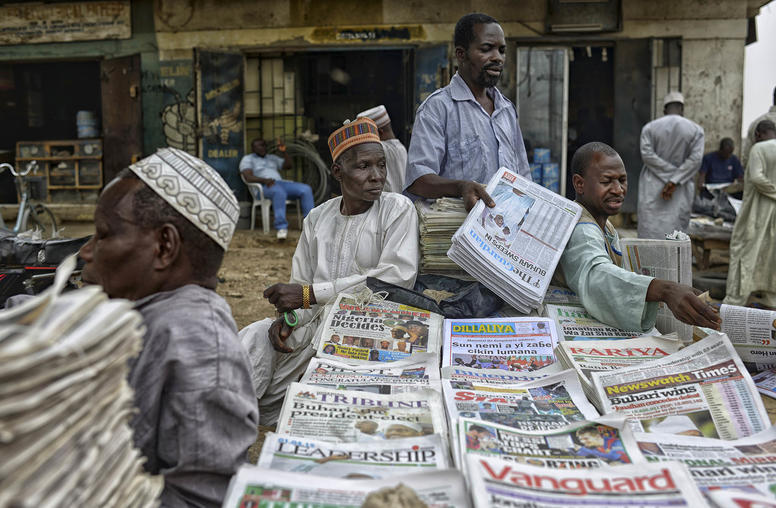
Amid Nigeria’s Turmoil, an Election Could Alter its Democracy
In mid-summer 2022, Nigeria is just seven months away from elections that could strengthen, or set back, its democracy. Good news includes a surge in voter registrations and a wave of civic engagement among young Nigerians who in recent years have often despaired of better governance through elections. Yet dangers loom: risks of electoral violence or disputed election results in a country where political and criminal violence has reached new levels. To help Africa’s most populous nation pivot toward stability — and to indirectly bolster democratization across the continent — the United States and other international partners should provide diplomatic, political and technical support for Nigeria’s electoral authority.
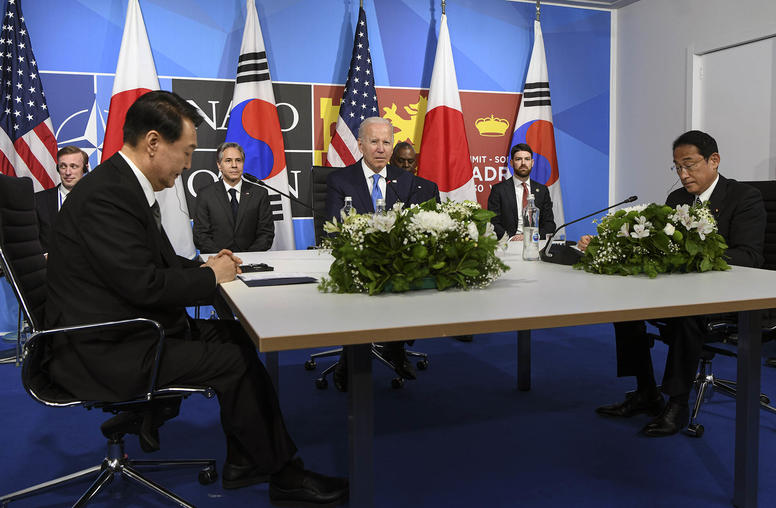
Mended Ties Between Japan and South Korea Would Boost Regional Security
Relations between Japan and South Korea have soured in recent years after unresolved disputes re-emerged from acrimonious eras in their shared history. But the current leaders of the two East Asian countries have shown a willingness to rebuild ties. And amid North Korea’s nuclear rhetoric and China’s expanded aims in the region, South Korean Foreign Minister Park Jin’s recent trip to Japan serves as a welcomed first sign of a thaw in bilateral tensions. USIP’s Frank Aum looks at the state of South Korea-Japan relations, how they can be improved, and the geopolitical implications of continued tension amid the challenges posed by China and North Korea.
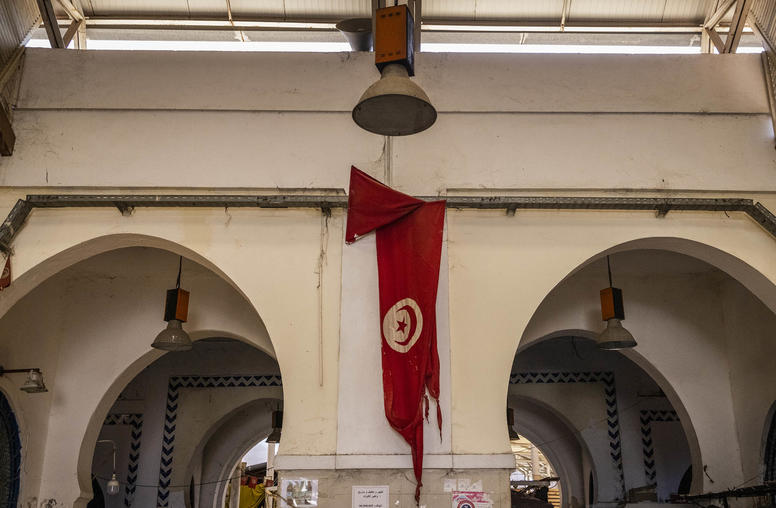
Tunisia’s new constitution expands presidential power. What’s next for its democracy?
A year after Tunisian President Kais Saied began a series of moves that expanded presidential powers, a new constitution further empowering the presidency has been approved by referendum. Amid a dire economic crisis, many Tunisians expressed support for Saied’s moves, as the promise of the 2011 uprising evaporated over the last decade. While the referendum passed with 94 percent of the vote, only 30 percent of Tunisians participated. Once heralded as the sole democratic success of the Arab uprisings, Tunisia’s democratic future trajectory is more uncertain than ever following the constitutional referendum.
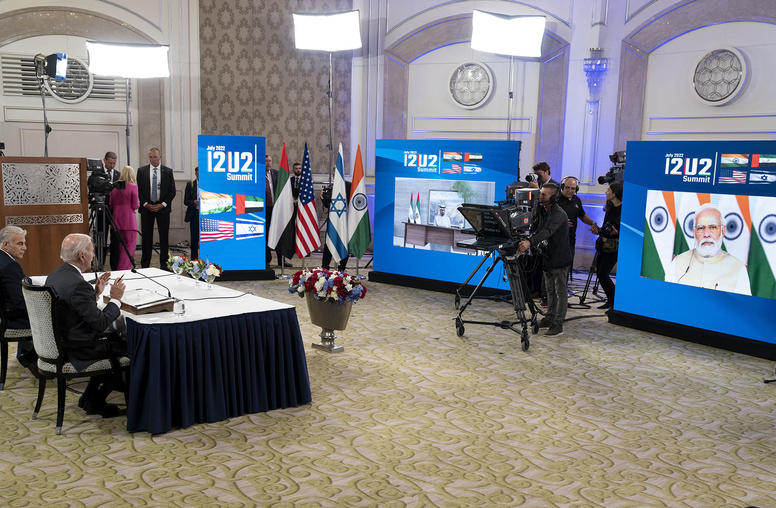
What You Need to Know About the I2U2
As part of his visit earlier this month to the Middle East, President Biden participated in the first leaders summit of a new grouping made up of Israel, India, the United Arab Emirates and the United States. Known as the I2U2, the countries’ foreign ministers formed the bloc in the fall of 2021 to deepen technological and private sector collaboration in the region and tackle transnational challenges in six focus areas: water, energy, transportation, space, health and food security. Beyond the announcement of a food security initiative and a hybrid renewable generation facility for India, little was revealed about what’s next for I2U2.